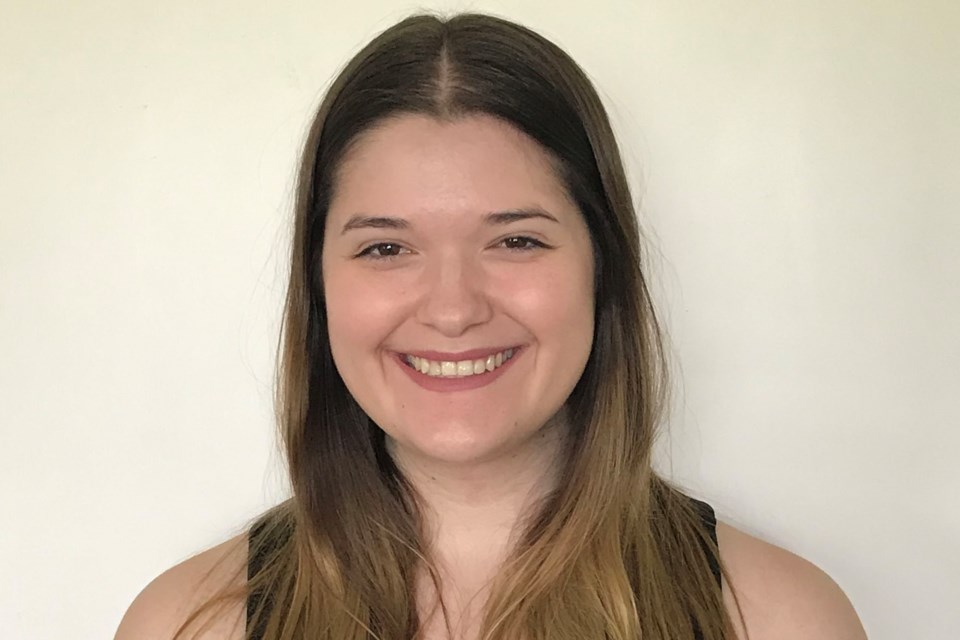When you think of Francophone participation in the First World War, your mind might automatically go to Quebec. That's no fluke: until recently, there's been a void of material examining Alberta's Francophone community and its participation and perspectives during the war.
St. Albert's Rebecca Lazarenko is hoping to change that. The researcher discovered that informational void while doing undergraduate research and is now helping to set the record straight.
"It was considered that Quebec represented all French-Canadians at the time," she said.
“The perspective, the opinions and even what happened with the Francophone community of Alberta, there wasn't a history or a narrative that existed for it. So everyone was lumped under Quebec.”
Lazarenko embarked on a master's degree at the Faculté Saint-Jean at the University of Alberta, specializing in Canadian history with a focus on Franco-Albertans during the First World War.
Given the research up until this point, she expected to find opposition among Franco-Albertans to the war and to conscription. Instead, she discovered they supported both and wanted to help support Europe.
“The reaction from all French-Canadians, including Quebec and Alberta, was an outpouring of support. There were patriotic rallies in the streets ... events going on every night where crowds of people were singing the national anthems of France, England, Canada and even Russia,” Lazarenko said.In Quebec, French-Canadians generally supported the war but felt like they didn’t have an obligation to enlist, while in Alberta Lazarenko discovered the Francophone community felt differently.
“This is mainly due to the fact that the community was created by French Canadians who migrated from Quebec, those who were already born in the West and descendants of the Metis population or the French colonizers. And there were newly immigrated people from France and Belgium,” Lazarenko said, adding those strong ties to Europe made them feel obligated and enthusiastic to enlist.
And as a result of that enthusiasm, Lazarenko discovered through her research that Franco-Albertans had a higher participation rate in the war than the rest of the population.
The student combed through French-Albertans newspapers and has so far discovered that out of 24,286 Francophone people that were in Alberta, 2,961 participated in the war. That's 12.2 per cent of the entire community and when narrowed down to Francophone men between the ages of 18 and 45, they had a participation rate of 40.2 per cent.
This number is higher than the total percentage for the total population for Alberta, at 35.9 per cent.
“The Francophone community is about five per cent more,” Lazarenko said, adding she was expecting the number to be closer to 30 per cent participation.
“I was definitely surprised to see that it had surpassed it,” Lazarenko said, noting the number is continually growing as she continues to research.
The St. Albert student is heading off to York University in August to pursue a doctorate in history where she will continue to research Francophone communities during the first half of the 20th century.




